Buying as a Foreigner
Uncover our detailed guide to buying property in Barcelona as a foreigner plus a realistic simulation of all associated costs.
Step 1
Obtaining The NIE
The NIE serves as your foreigner identification number in Spain. Whilst it represents your presence in the government’s eyes, it doesn’t grant residency like as a Visa would.
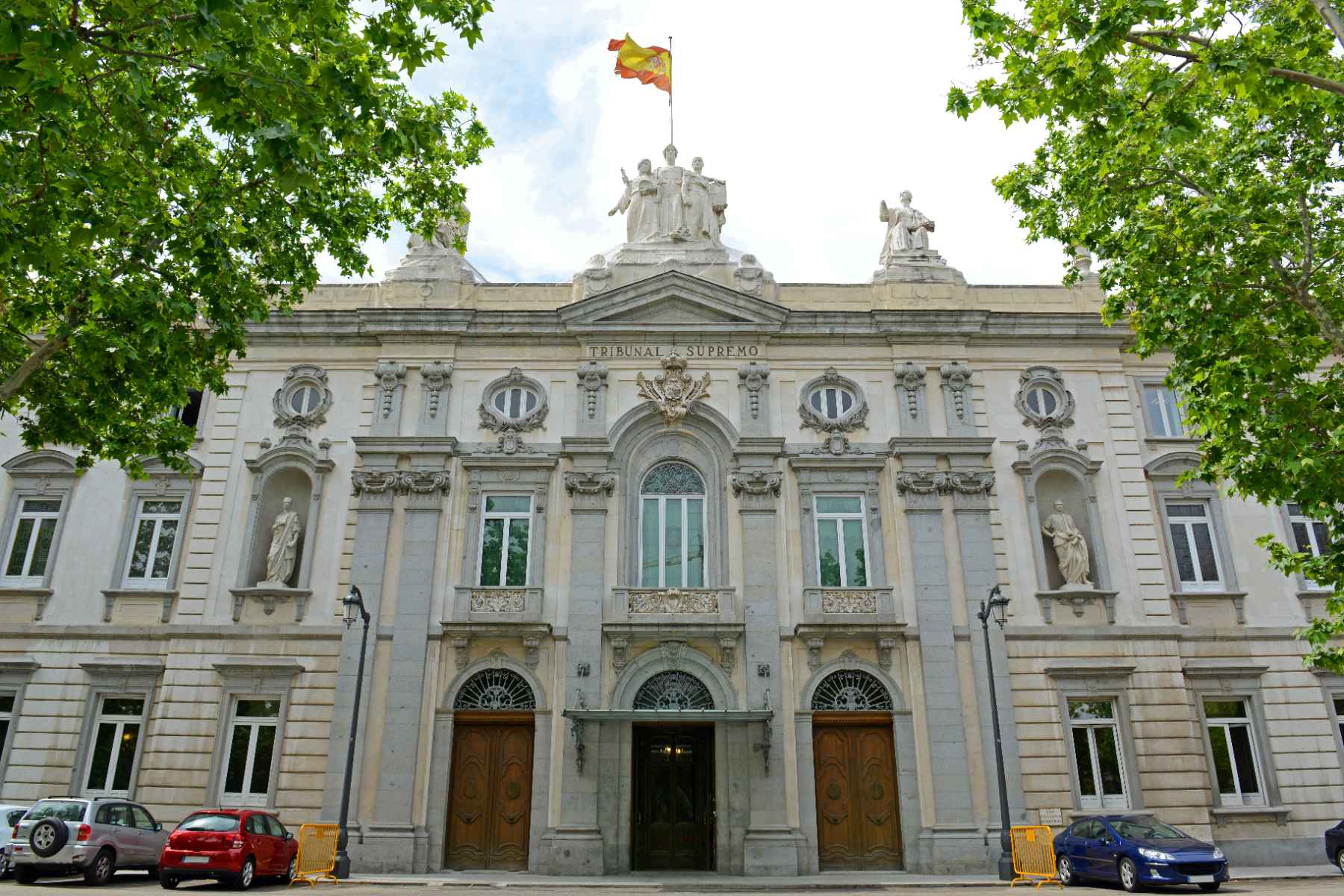
How It Can Be Done
Application Submission
Locally, schedule an appointment at a police station, and internationally, at a consulate.
Appointment Preparation
Ensure you have the complete EX-15 form, proof of funds, and your eligibility documents—all translated into Spanish.
Processing Time
After submission, be prepared for delays, as the system is frequently overloaded and processing your application may take several months

Recommendation
Obtain support from a specialized immigration lawyer. They can expedite the process by securing pre-booked slots and ensuring there are no errors in your application
Step 2
Opening a Local Bank Account for Property Transactions
Opening a local bank account is essential for managing crucial financial transactions related to purchasing property in Spain.

Recommendation
We collaborate with a network of vetted financial consultants and bank representatives who specialise in assisting international clients.

How It Can Be Done
Proof of Address
Ensure you have valid proof of your current address. For non-residents, this document must be apostilled.
Non-Resident Certificate
To open a non-resident account, you must obtain a non-resident certificate, available locally at police stations or abroad at Spanish consulates.
Final Screening
In case of screening from the banks, prepare proof of funds, apostilled and translated into Spanish by an authorized translator.
Step 3
Planning Your Property Search
To enter the search with a clear and effective strategy, you must be certain of what you are looking for, thoroughly prepared, and familiar with the tools at your disposal.
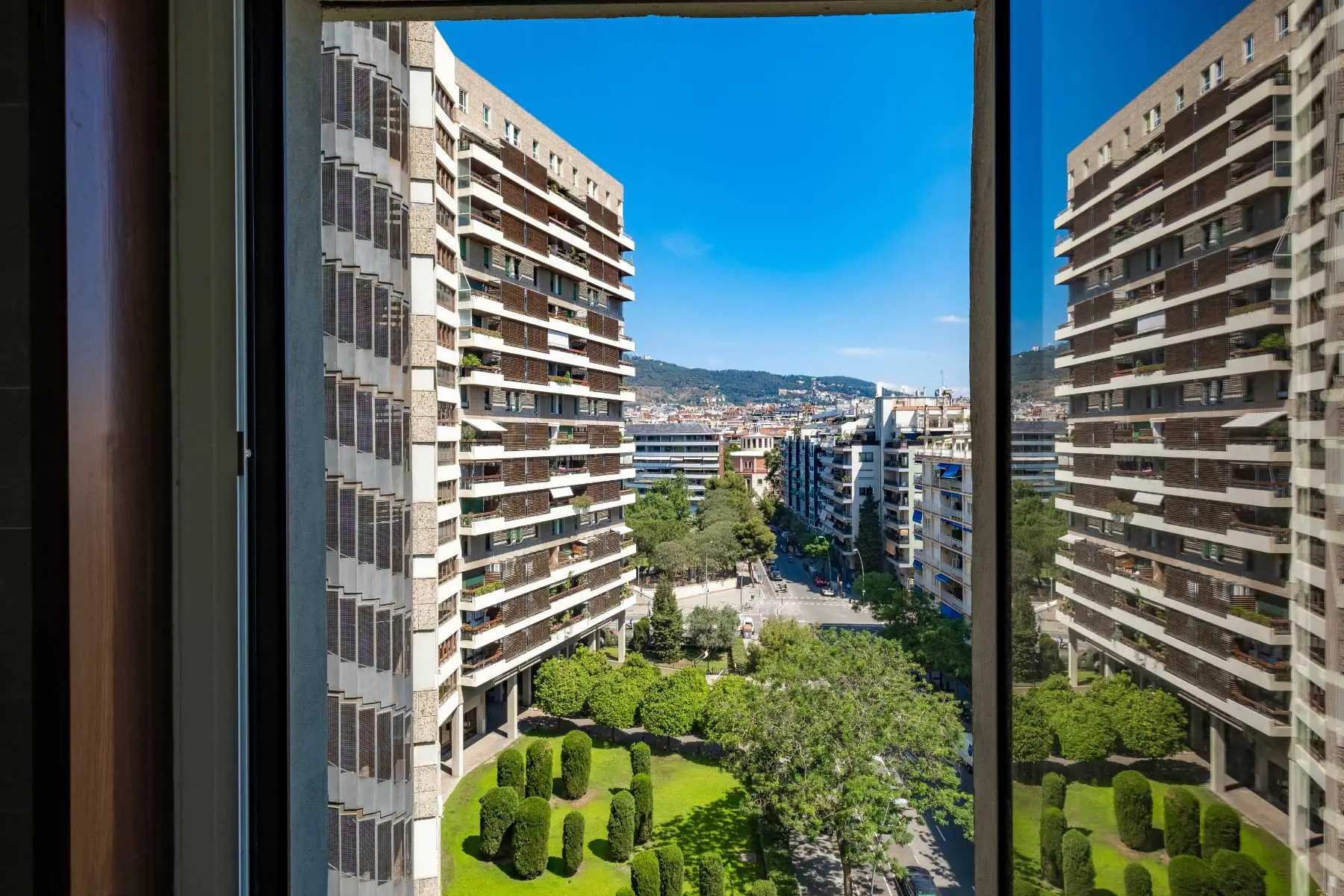
How It Can Be Done
Explore the Platforms
Familiarize yourself with trusted platforms such as Idealista, Fotocasa, and Habitaclia. Mastering their features enhances your efficiency in the competitive market.
Clarify Priorities
Reflect and determine which features are most important to you and your goals, and decide which ones you are willing to compromise on.
Market Alignment
Research the market and its prices to develop search criteria (i.e., location, size, features) that best balance your needs with the reality of the market.

Recommendation
In the first phases of our client experience, we conduct a needs assessment meeting and then craft a tailored plan of action and search strategy that guarantees optimal results.
Step 4
Organizing a Visit
Before arranging property viewings, verifying the credibility of the listing agency is essential, as agencies occasionally exploit a foreigner’s lack of local knowledge.
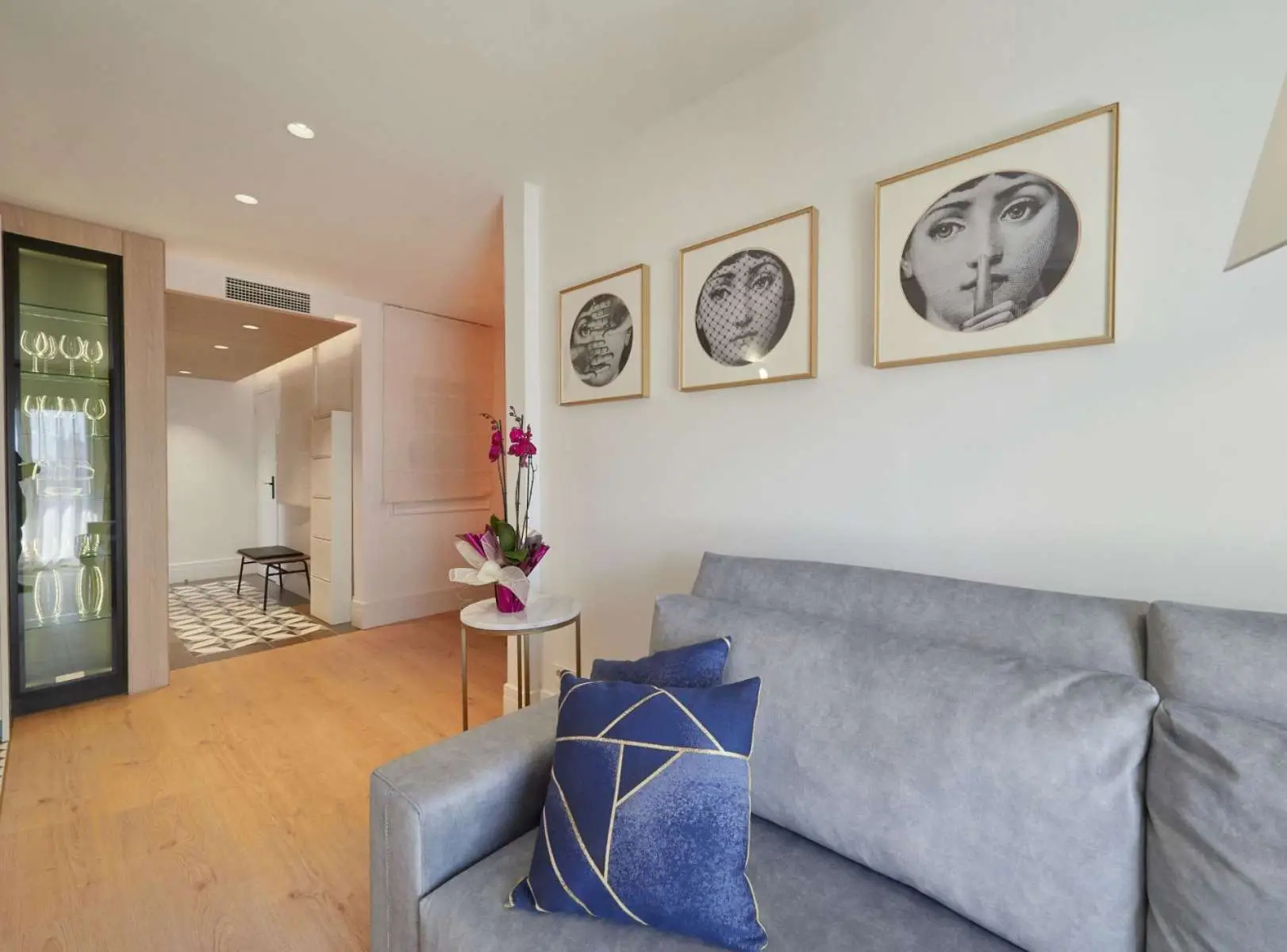
Recommendation
Always remain informed about customary practices in future interactions, even with seemingly credible agencies, to safeguard your interests.

How It Can Be Done
Inspect Listing Photo
Ensure that listing photos are genuine—not renderings, copied, or heavily edited images.
Research the Agency
Check the agency’s reviews on platforms like Google; sparse or negative feedback may indicate issues.
Confirm Agency Credentials
Verify agency membership in recognized real estate associations such as API or AICAT, ensuring professional standards.
Step 5
Submitting an Offer
If you find a suitable property and are ready to proceed, it’s vital to understand and prepare for the offer submission process clearly.

How It Can Be Done
Market Comparison
Calculate the price per square meter of nearby apartments to ensure the property’s competitive pricing.
Offer Submission
Typically, you’ll pay 1% of the property’s value as a deposit to formally submit your offer.
Negotiation Process
If the offer is countered, negotiations will commence. Should an agreement not be reached, your deposit will be refunded.
Offer Acceptance
Upon acceptance, the deposit is applied towards the final purchase price.

Recommendation
We suggest consulting with market experts who have access to live, off-market data and exclusive pocket listings. Their market insights will guide you toward optimal property choices.
Step 6
Conducting Due Diligence
After reaching an agreement, thorough due diligence is essential to prevent future issues related to the property.
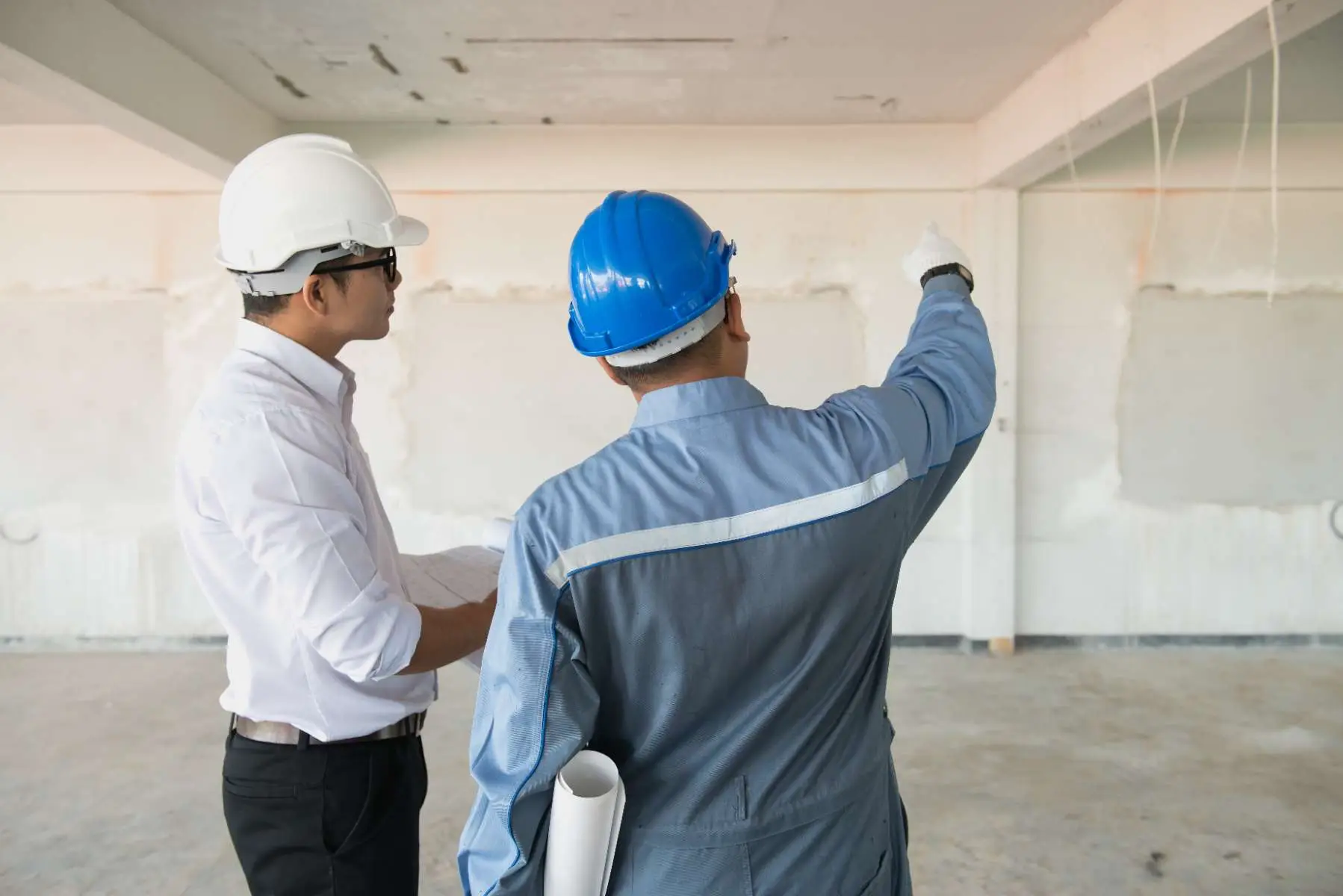
Recommendation
Engage with specialized legal professionals—such as those we collaborate with. They can uncover hidden issues and prevent future complications and disputes.

How It Can Be Done
Legal Verification
Ensure the seller legally owns the property and verify the title is free of disputes or outstanding mortgages.
Financial Checks
Confirm that property-related payments like community fees and property taxes (IBI) are fully up to date.
Structural Assessment
Ensure mandatory building inspections are passed and identify any possible zoning restrictions.
Step 7
The Arras Contract (Pre-Deed)
The Arras Contract is a binding preliminary agreement formalizing your intent to purchase and defining all conditions of the sale.
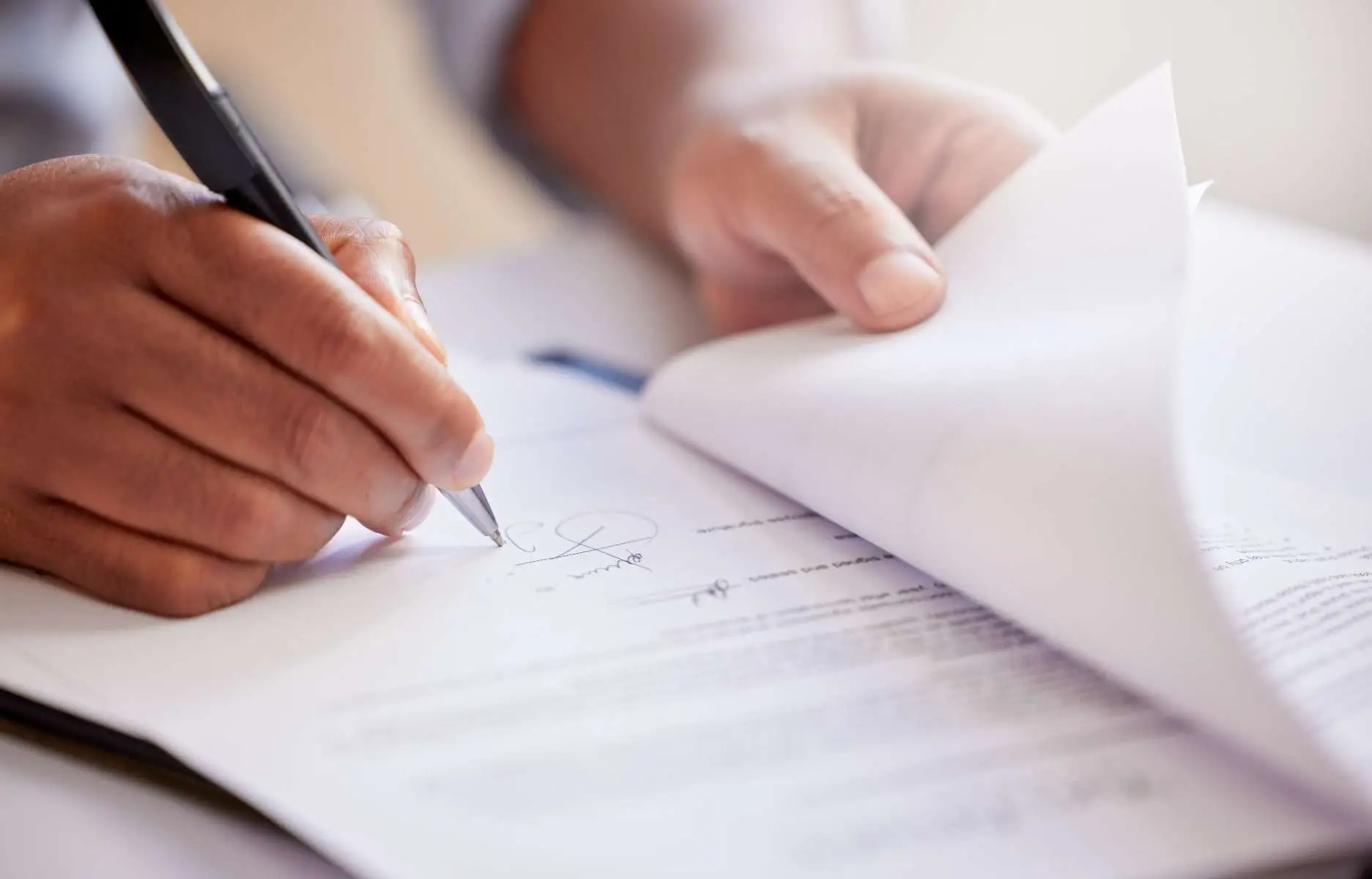
How It Can Be Done
Deposit Payment
Entering the Arras Contract requires a deposit equal to 10% of the property’s price, including the initial 1% reservation deposit.
Financial Obligation
If you back out after signing without valid reason, your deposit is forfeited. If the seller withdraws, they must pay you double your deposit.
Clause Review
Carefully review all financial terms, contingencies, and dispute resolution clauses within the contract.

Recommendation
In our experience, most post-purchase legal issues stem from the Arras contract. Legal specialists should review and clarify the contract, ensuring all terms protect your interests.
Step 8
The Escritura (Property Deed)
The Escritura marks the final stage of your purchase, legally finalizing property ownership transfer at the notary’s office.
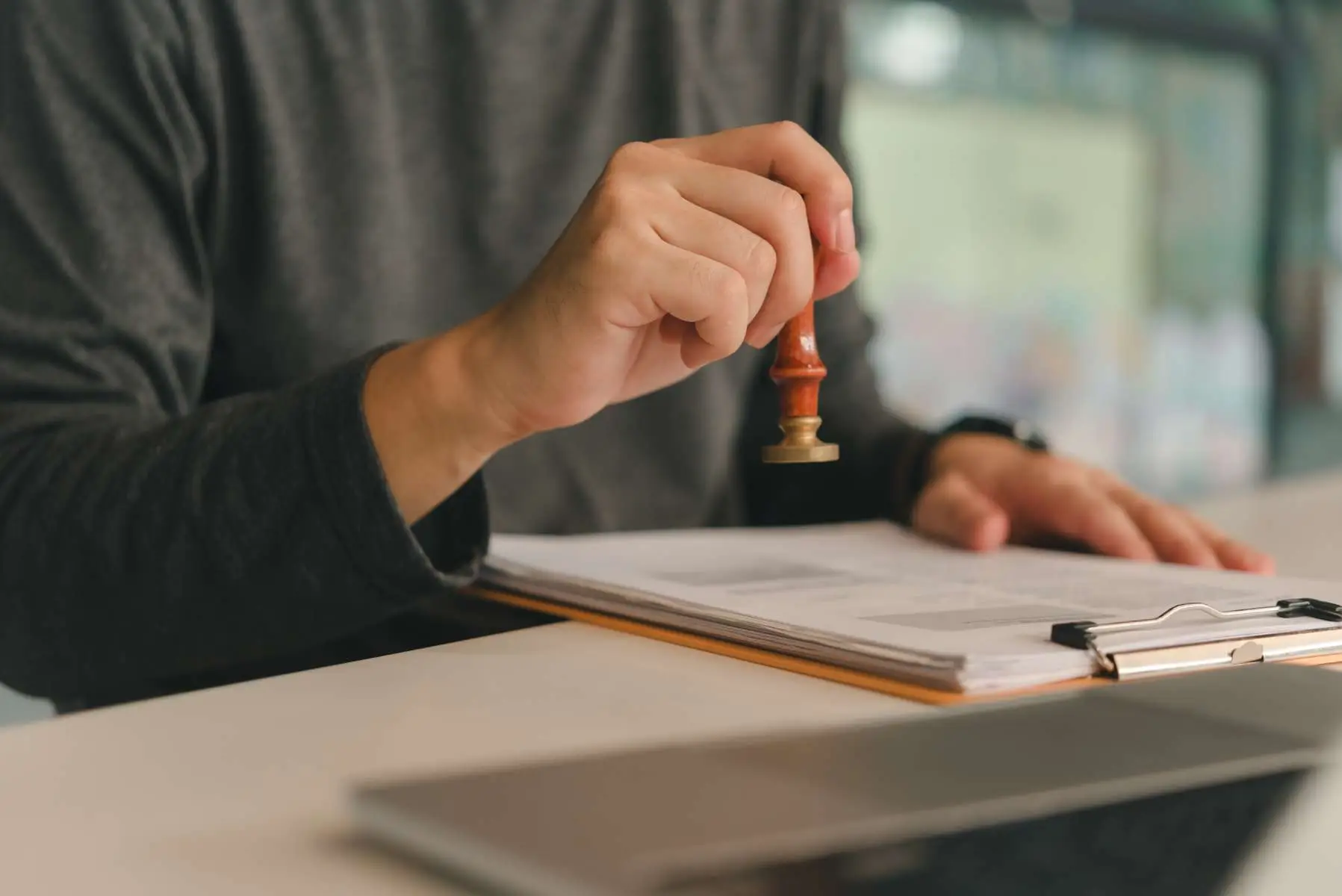
Recommendation
Obtain legal support to ensure a smooth transfer of ownership and to have the complex post purchase formalities effectively managed on your behalf

How It Can Be Done
Review and Signature
The notary will read the deed aloud in front of you and the seller to ensure both parties have a clear understanding of the all clauses before signing.
Complete Payment
At this time, you must pay the remaining 90% of the purchase price via bank-certified checks or bank transfers pre approved by the bank of Spain.
Finalize Formalities
After signing, it is time to proceed with paying all the associated taxes and registering your new ownership with the local property registry.
Cost Simulation for Buying Property
Uncover what are all the additional costs associated with buying property in Barcelona and visualize them with a cost simulation.
Additional Costs
Cost Simulation (€500,000 property)
Property Transfer Tax (ITP)
10% of the property price (second-hand properties only)
€50,000
Notary Fees
~0.3% of the property price
€1,500
Land Registry Fees
~0.15% of the property price
€750
Gestor Fees
around €500
€500
Bank Transfer Fees
~0.5% of the property price
€2,500
Legal Fees
~1% of the property price
€5,000
Total Extra Costs
€59,750 (~12%)
Mortgage simulation
If you choose to finance your property through a mortgage, additional fees apply
Additional Costs
Cost Simulation
Base Additional Costs (from above)
~12% of the property price
€59,750
Property Valuation Fee
around €500
€500
Mortgage Initiation Fee
~1% of the loan amount
€2,500
Stamp Duty on Mortgage (IAJD)
~1.5% of the loan amount
€3,750
Additional Notary Fees
~0.2% of the loan amount
€500
Bank Transfer Fees
~0.5% of the property price
€875
Total Extra Costs
€66,500 (~13%)
Mortgage Downpayment
Considering 50% LTV
€250,000
Total Necessary Upfront
€316,500 (~63%)
Let us take care of it all
Discover our results oriented buyers package, specifically crafted to simplify and streamline this entire process on your behalf